Cancers, Free Full-Text
Por um escritor misterioso
Last updated 16 abril 2025
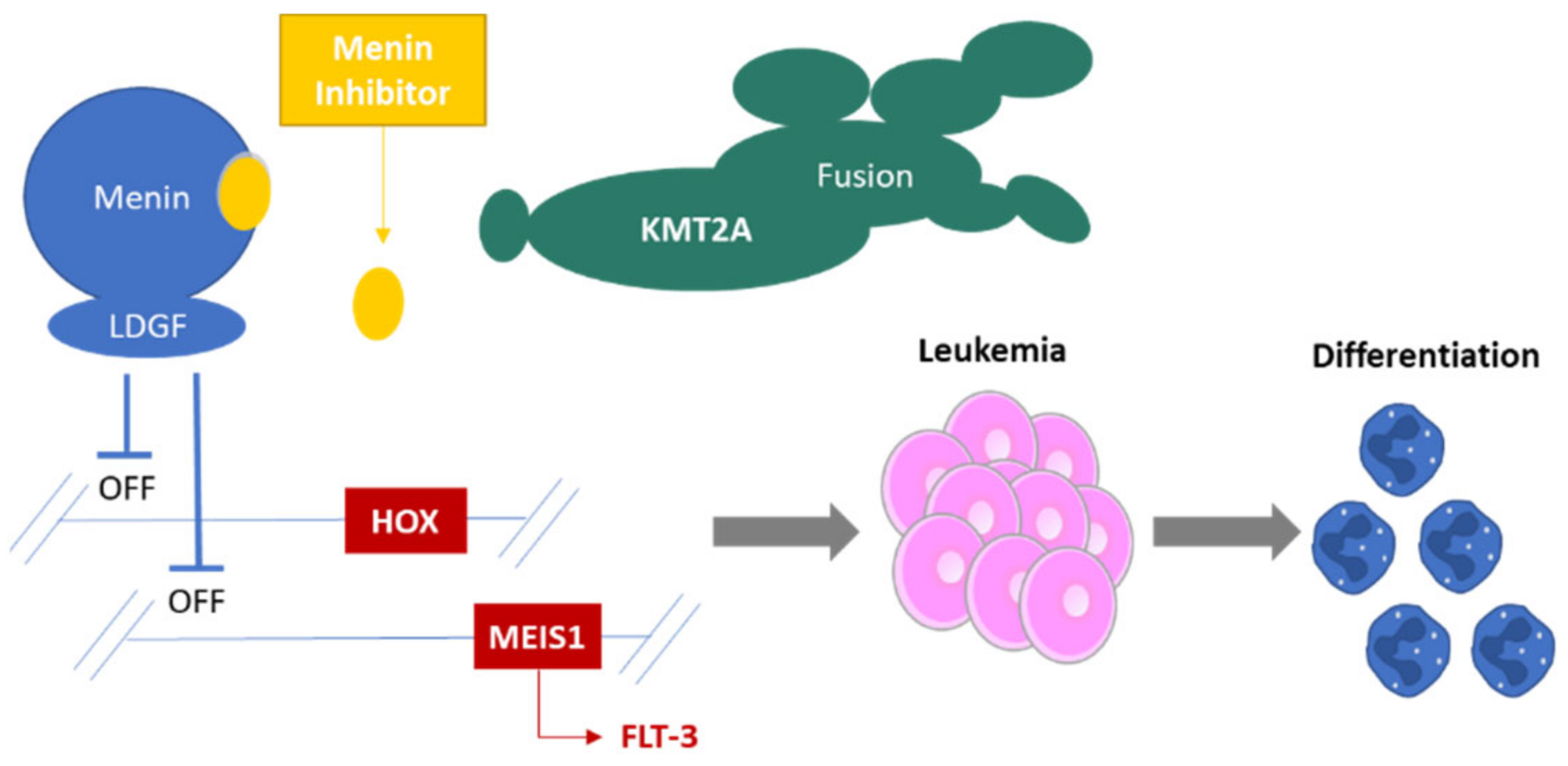
After forty years of essentially unchanged treatment in acute myeloid leukemia (AML), innovation over the past five years has been rapid, with nine drug approvals from 2016 to 2021. Increased understanding of the molecular changes and genetic ontology of disease have led to targeting mutations in isocitrate dehydrogenase, FMS-like tyrosine kinase 3 (FLT3), B-cell lymphoma 2 and hedgehog pathways. Yet outcomes remain variable; especially in defined molecular and genetic subgroups such as NPM1 (Nucleophosmin 1) mutations, 11q23/KMT2A rearranged and TP53 mutations. Emerging therapies seek to address these unmet needs, and all three of these subgroups have promising new therapeutic approaches. Here, we will discuss the normal biological roles of menin in acute leukemia, notably in KMT2A translocations and NPM1 mutation, as well as current drug development. We will also explore how CD47 inhibition may move immunotherapy into front-line settings and unlock new treatment strategies in TP53 mutated disease. We will then consider how these new therapeutic advances may change the management of AML overall.
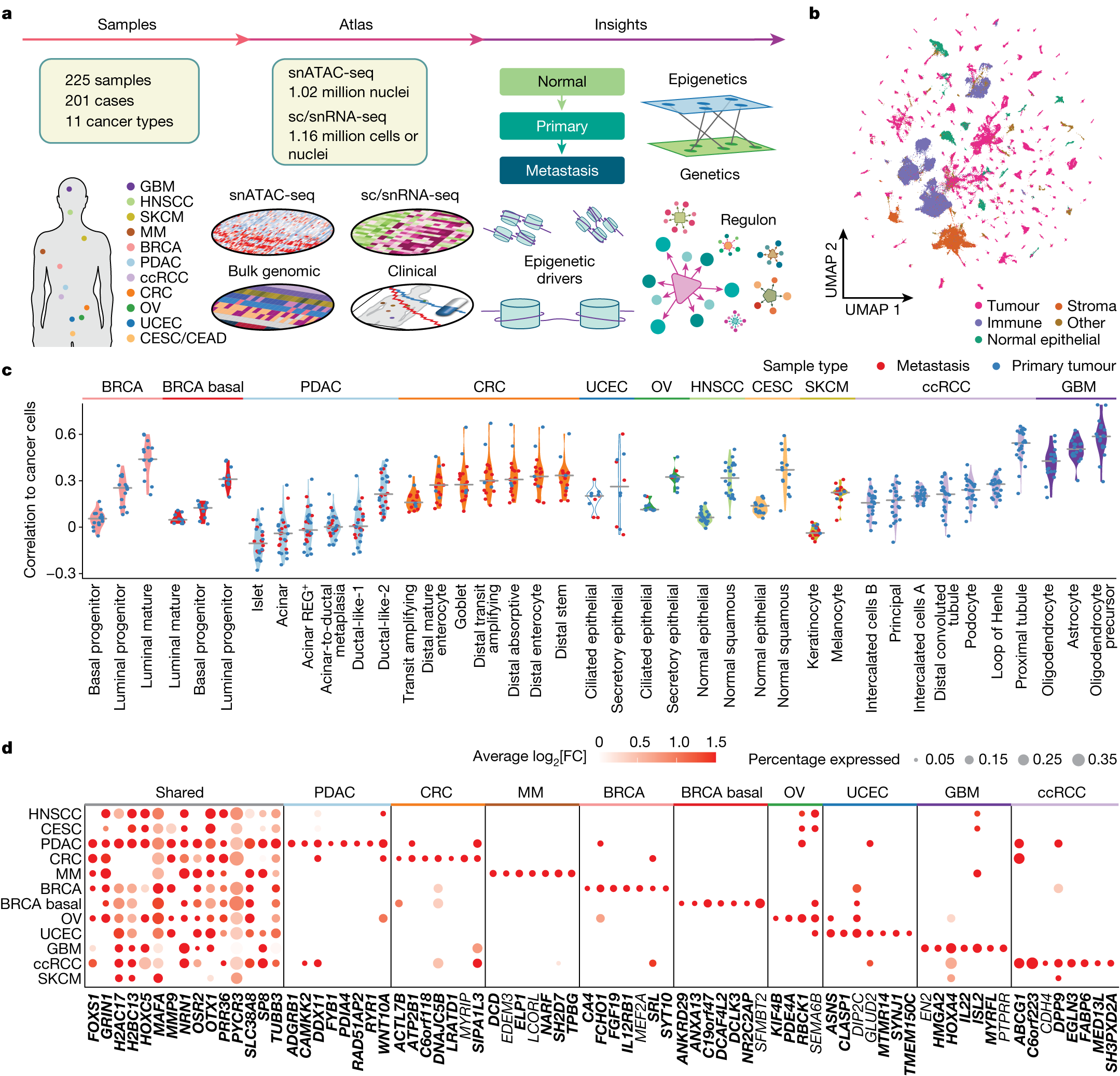
Epigenetic regulation during cancer transitions across 11 tumour types

Event-free Survival with Pembrolizumab in Early Triple-Negative Breast Cancer

Event-free Survival with Pembrolizumab in Early Triple-Negative Breast Cancer

PDF) Combination of tumor markers predicts progression and pathological response in patients with locally advanced gastric cancer after neoadjuvant chemotherapy treatment

Noninvasive detection of any-stage cancer using free glycosaminoglycans

Cancer Free Posters for Sale
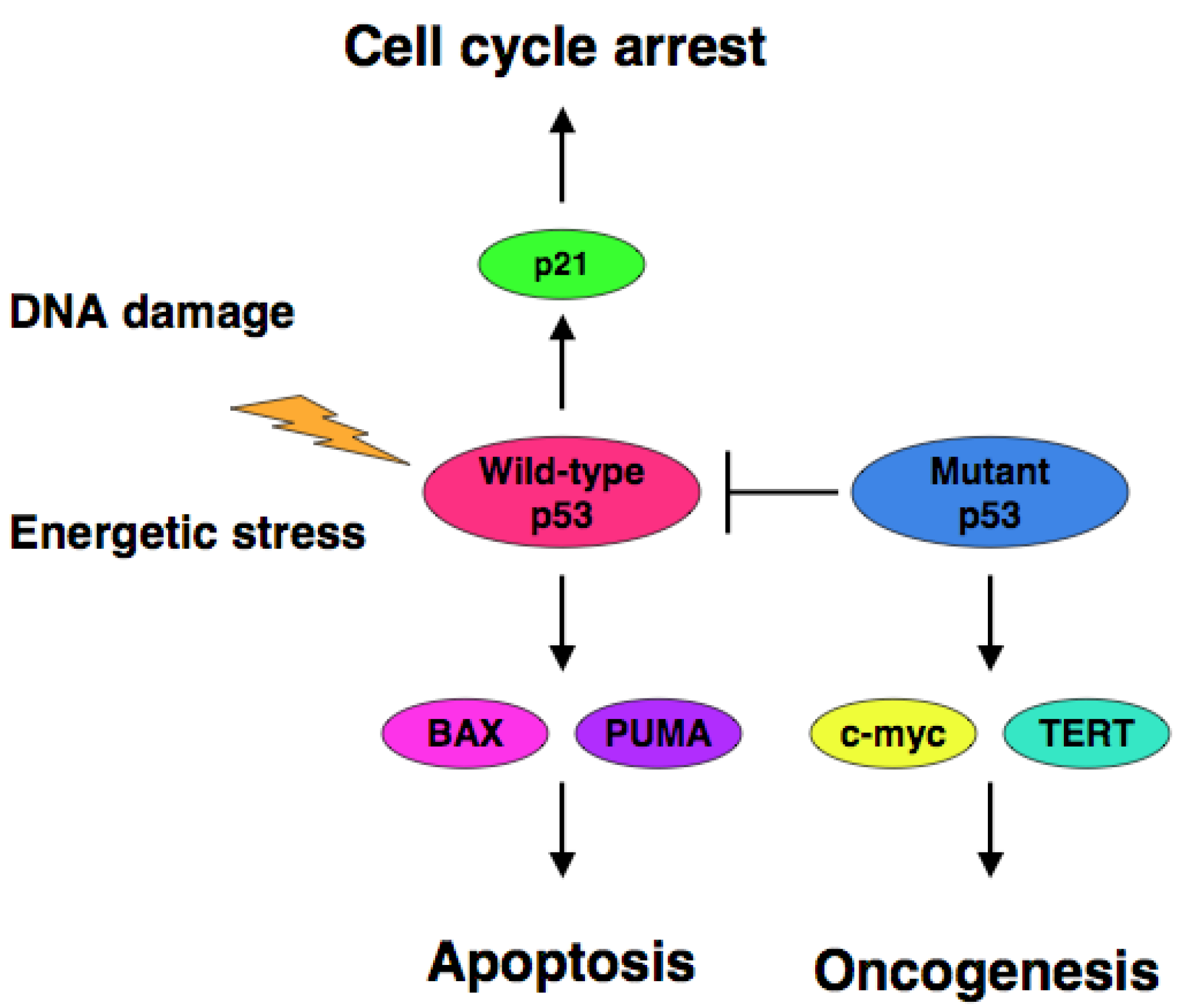
Cancers, Free Full-Text

Remission, cancer-free, no evidence of disease: What's the difference?
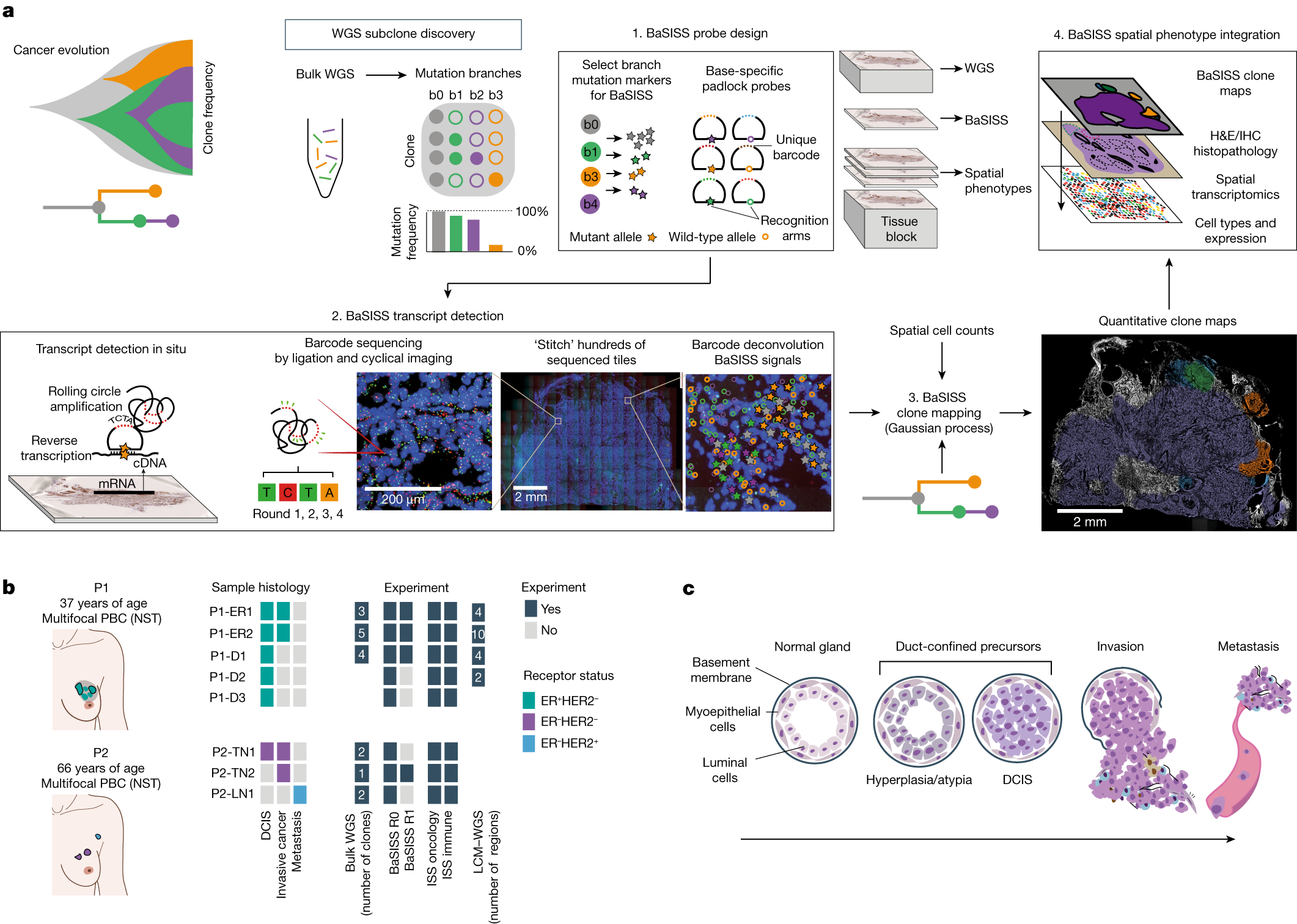
Spatial genomics maps the structure, nature and evolution of cancer clones
Recomendado para você
-
 File:Isabella Menin.jpg - Wikipedia16 abril 2025
File:Isabella Menin.jpg - Wikipedia16 abril 2025 -
Isabella Menin16 abril 2025
-
 Julie Menin 202316 abril 2025
Julie Menin 202316 abril 2025 -
 Isabella Menin - Wikipedia16 abril 2025
Isabella Menin - Wikipedia16 abril 2025 -
 NYC Council Elections 2021: Julie Menin Seeks UES Seat16 abril 2025
NYC Council Elections 2021: Julie Menin Seeks UES Seat16 abril 2025 -
Isabelle Menin Photography16 abril 2025
-
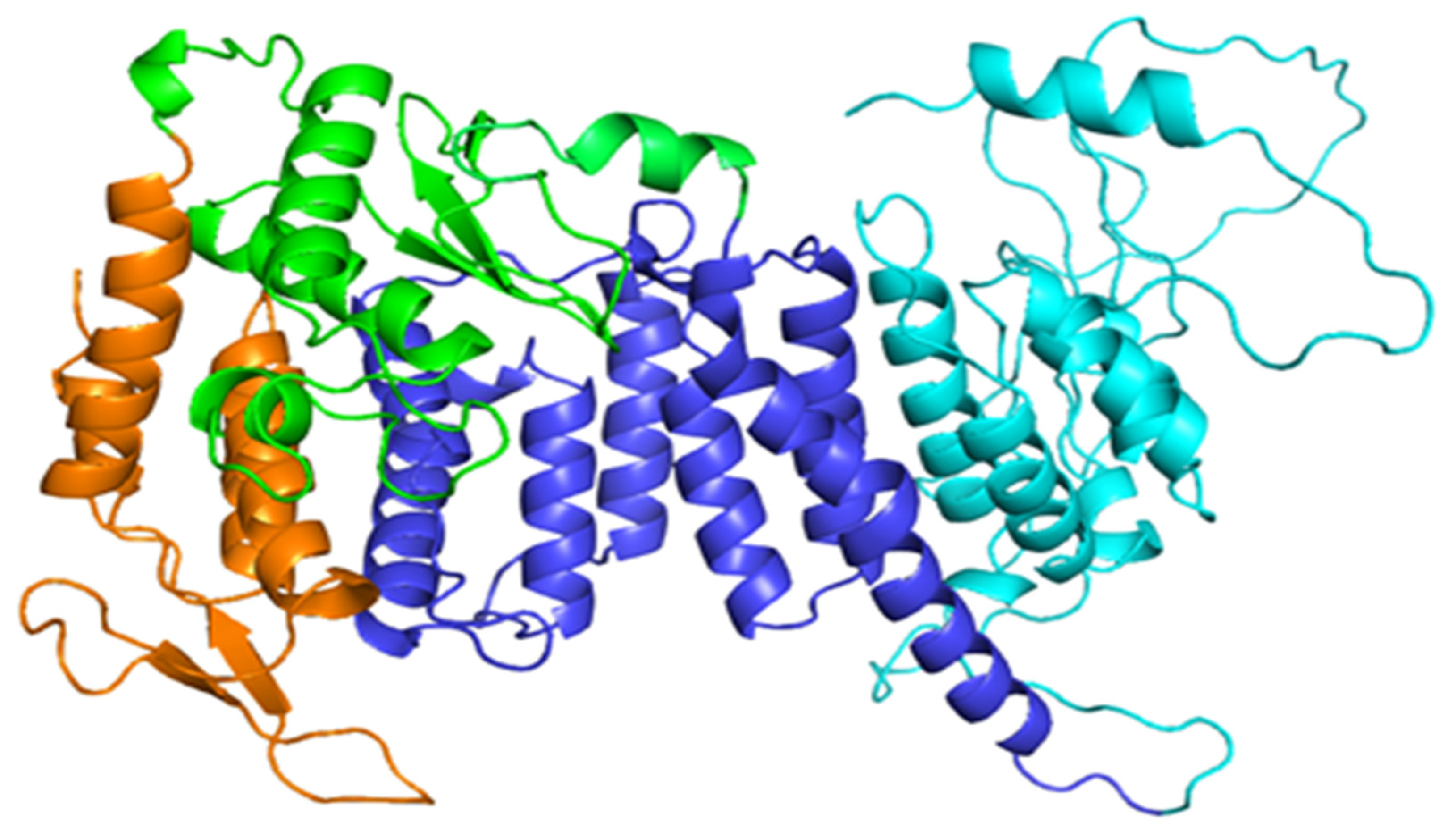 Molecules, Free Full-Text16 abril 2025
Molecules, Free Full-Text16 abril 2025 -
 Julie Menin 2021 - Meet Julie, Julie Menin16 abril 2025
Julie Menin 2021 - Meet Julie, Julie Menin16 abril 2025 -
 Woody Allen donates to Julie Menin's NYC council campaign — quickly rebuffed16 abril 2025
Woody Allen donates to Julie Menin's NYC council campaign — quickly rebuffed16 abril 2025 -
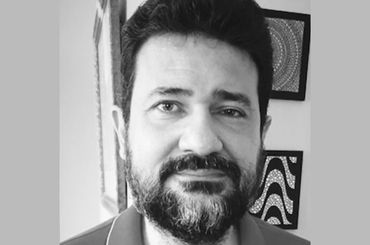 Marcelo Menin – ABC16 abril 2025
Marcelo Menin – ABC16 abril 2025
você pode gostar
-
 Adesivos bonitos do carro - bonitos do risco do gato dos desenhos animados adesivo | Adesivos e decalques fofos de gatos para parede, porta, janela16 abril 2025
Adesivos bonitos do carro - bonitos do risco do gato dos desenhos animados adesivo | Adesivos e decalques fofos de gatos para parede, porta, janela16 abril 2025 -
BETUP - Apostas Esportivas – Apps no Google Play16 abril 2025
-
 Alex Murdaugh's son talks against rumors about Stephen Smith's death16 abril 2025
Alex Murdaugh's son talks against rumors about Stephen Smith's death16 abril 2025 -
 Choo-Choo Charles on Steam16 abril 2025
Choo-Choo Charles on Steam16 abril 2025 -
![Free Survival PDFs, Manuals, and Downloads [Prepper Library 2023]](https://www.trueprepper.com/wp-content/uploads/2022/09/Survival-PDFs-Manuals-Downloads-for-a-Prepper-Library.jpg) Free Survival PDFs, Manuals, and Downloads [Prepper Library 2023]16 abril 2025
Free Survival PDFs, Manuals, and Downloads [Prepper Library 2023]16 abril 2025 -
 15 Video Games Where You Can Kill Everyone16 abril 2025
15 Video Games Where You Can Kill Everyone16 abril 2025 -
 Sonic music Sonic, Sonic the hedgehog, Sonic and shadow16 abril 2025
Sonic music Sonic, Sonic the hedgehog, Sonic and shadow16 abril 2025 -
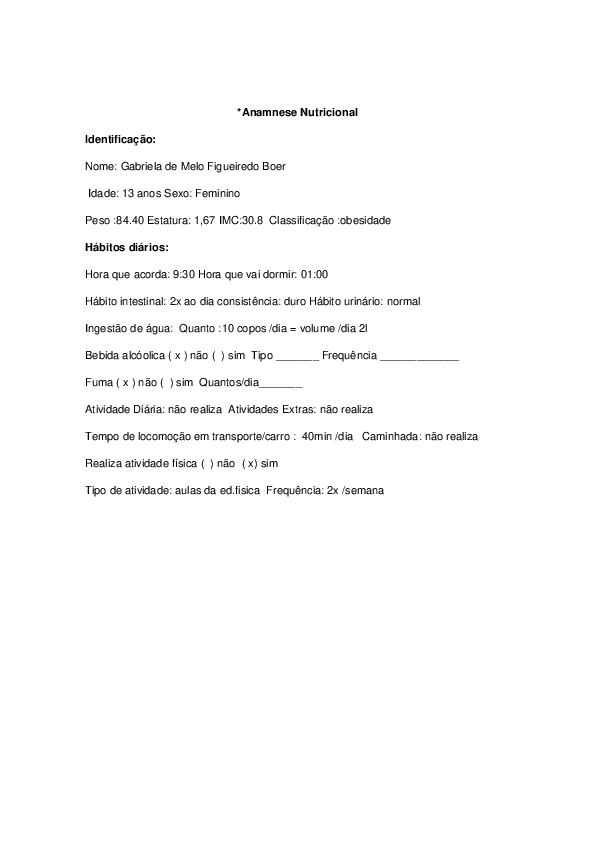 DOC) Anamnese Nutricional Heloisa Lourenção16 abril 2025
DOC) Anamnese Nutricional Heloisa Lourenção16 abril 2025 -
 My Gaara v Rock lee mashup tattoo. Done by Emma egan in Brisbane Australia : r/Naruto16 abril 2025
My Gaara v Rock lee mashup tattoo. Done by Emma egan in Brisbane Australia : r/Naruto16 abril 2025 -
 Does Star Wars: Squadrons have crossplay?16 abril 2025
Does Star Wars: Squadrons have crossplay?16 abril 2025

